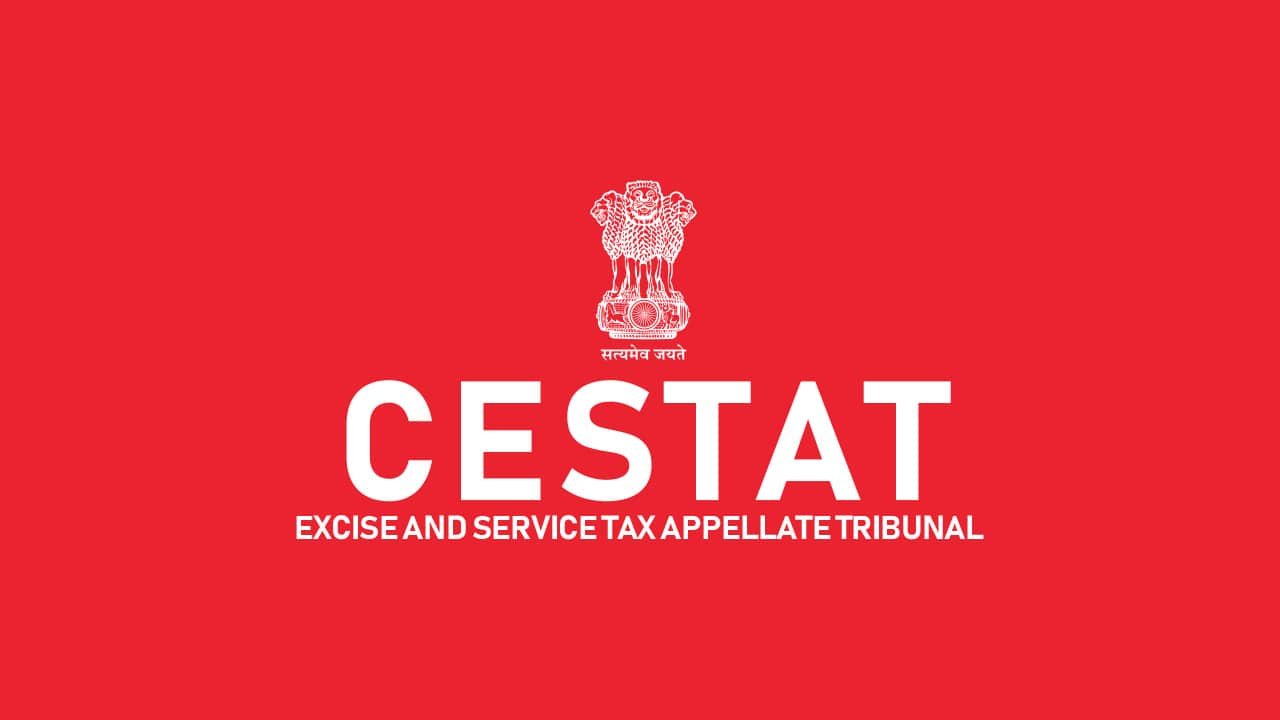Strikes and Lockouts under Industrial Dispute Act,1947
Introduction
In any industry, the two main pillars are employee and employer. The industry is running when these two pillars coordinate with each other. But in some times there are clashes of interest between employer and employee. For the benefit of the industry, it was necessary to resolve the conflict between employer and employee. Because the work environment is affected due to conflicts. If we provide a healthy environment then it will provide the benefit of the employer as well as the employee. Strike used as a weapon by the workers and lockout used as weapon by employers when the conflict between employer and employee is not going to resolve. Strike and lockout used at that time when the situation is very critical and there is no hope of resolving the dispute.
What are Strike and the types of Strike?
Strike word defines under Section 2(q) of the Industrial Dispute Act, 1947. Strike means stoppage of work by employees of the establishment. In this strike, a large number of workers refuse to do work and come together. In this association of employees or trade unions of the establishment participate in it. In several times situation arises in the strike that the management of establishment is not ready to fulfill the demand of employees. The option of the strike is given by law under the Industrial Dispute Act, 1947. Before this Act, the employee is exploited by employers but when the Act maker sees the situation of employees then they provide the option of the strike to the employees.
A mainly strike was done by an employee due to wages. If we see Kingfisher Airlines Case in which workers are going for seven days strike for not paying a salary of seven months. One employee’s wife committed because of financial crises of not paying salary to his husband and also various people are on road.
Types of strike
There are various types of the strike:-
- Slow Down Strike
In slow down strike workers are not refused to do work or not stope their work but they simply slow their work. Due to slow production, there is a loss of employers. Workers show as they are engaged in work. In this type of strike, both workers and employers bear losses because if production is not done properly and cause loss then-employer some times cut the salary of employees.
- Economic Strike
In an economic strike, workers do strike to fulfill their economic demands like wages, bonuses, and allowances. Workers completely stopped their work while his demand is not fulfilled. Demand is to increase wages, allowances like traveling allowances, house rent allowances, dearness allowances and also to provide some other facility.
- Sympathetic Strike
In the sympathetic strike, workers are going on strike just to show sympathy to those workers of the unit who are under strike. In this strike, workers have no relation to other units workers and no grievance to the employer. The various trade union of the different units participated to strike of another trade union to show sympathy.
- Sit down Strike
In this sitdown strike workers on strike but come on their place of work but do not do their work. These types of the strike are also called pen down or tool down strike in which workers are refused to use pen or tools because they are useful in work. In Punjab 1998, the Municipal Corporation of Punjab is going on a pen-down strike because the state government does not fulfill the demand of workers.
Also read: Object, Constitutional Validity and Salient features of Minimum Wages Act, 1948
- General Strike
In the general strike, all the employees of the industry or that region are going on strike. Generally, it was not against the employer but it is a political pressure strike influence that government. It is the expansion of a sympathetic strike.
- Hunger Strike
In this strike, all the workers are going on fasting no one eats food. They do that strike in the workplace unless the employer fulfills the demands and resolve the grievances.
- Wildcat Strike
In the wildcat strike, workers or employees on strike without the consent of their union.
Reason of Strikes
There are various reason for the strike
- Unsatisfaction of wages.
- Not a satisfactory policy of the company.
- Working hours are not proper.
- The Rest interval is also not proper.
- Bonus and increments are not good.
- Social security is not provided by the establishment.
- Rules related to provident fund and gratuity is not proper.
- The dispute is related to minimum rates of wages.
- Layoff and retrenchment related issues.
- Wrongfully dismissal of workers.
- Medical, maternity and other benefit are not provided to workers properly.
What is the lockout?
Lockout defined under Section 2(l) of Industrial Dispute Act, 1947. Lockout means temporary closure of any establishment or industry. The work of the industry is stoped and there is no worker who is allowed to do work. It doesn’t matter how many workers are working. Just like workers have an option to go on strike to the fulfillment of demands like that employers have an option to go on lockout. But it was not beneficial to employers as well as workers.
The lockout was also done when there is an internal disturbance between workers and workers or between workers and management. The reason may be internal or external disturbances both have happened. In the situation of financial crises and political pressure also a reason for lockout. It is not yet simple to declare a lockout. The time of lockout is not simple for management as well as workers.
Reason of Lockout
There are various reasons are responsible for the lockout.
- Clashes of interest between workers and employers.
- Continous financial loses also a reason to opt for the option of the lockout by management.
- There are illegal strikes, regular basis strikes also a reason for lockout of factories and management.
- Due to unstable government industries or factories do a lockout.
- If any industry involves any illegal activity then it was also a great reason to lock out the industries or factories.
- The industry is failing to maintain peace and harmony between the member of industries or factories.
Every industry tries that lockout situation notaries in industries and factories.
The procedure of strikes and lockouts
In public Utility service
Section 22 Prohibition of Strikes and Lockouts
In the case of an employee
No employee can go on strike in public utility service when there is a breach of contract.
- If employees want to go on strike then before six months’ notice provided to the employer to show the intension of the strike.
- After giving notice of six months than within 14 months no employee can go on strike.
- After the expiry of six months then employees are going on strike.
- If conciliation proceeding is pending then strike is not possible and after seven days of concluding the proceeding, no strike has happened.
In case of an employer
No employer can declare lockout in public utility service.
- If employers want to go on lockout then before six months notice is given to employees.
- After giving notice fourteen days no employer can go on lockout.
- After the expiry period of six months, employers can do a lockout.
- If conciliation proceeding is pending no employer can go on strike and after seven days of the conclusion of proceeding employers do a lockout.
If there is strike or lockout already in existence then there is no need to send a notice but the employer sends intimation to the authority specified by the appropriate government, notice given to the authority of that particular region or otherwise given in general.
The notice of strike given to any employer in a prescribed format and mentioned the number of employees who participated in the strike. The notice of lockout given to any employee in a prescribed format.
In General Services
general Prohibition of strike and lockout (Section 23)
No employer declared lockout in any establishment and workers of establishment also not declared strike when these condition has happened
- If conciliation proceeding is pending before a Board and after seven days of concluded of the conciliation proceeding.
- If a proceeding is pending in Labour Court, National Tribunal, Tribunal then no employer and employee can go on lockout or strike. After two months of concluded proceeding also.
- If a proceeding is pending before arbitration and two months after of conclusion. When the notification is given under sub-section (3-A) of section 10-A then also no strike and lockout can be declared.
- If the settlement or award is pending then also no one can declare strike and lockout.
When a strike is declared illegal
According to section 24
When a strike and lockout is contravention to the provision of Section 22 or 23 then strike and lockout declared illegal. It was also declared illegal when it contravenes the provision of sub-section 3 of section 10.
If a strike or lockout is running between this dispute is referred to arbitration, Labour Court, Tribunal and National tribunal but the strike and lockout are not illegal if they are not contravening the provision of strike and lockout.
If an illegal strike or lockout is already there then due to which declare strike or lockout.
Section 25 Prohibition of financial aid to illegal strikes and lockouts.
No person can apply for the money directly to illegal strike and lockout. If he knows well.
Conclusion
Strike or lockout is declared when the situation is out of control. Strike or lockout does not provide benefits to anyone. It is a very serious decision. Before declaring strike or lockout negotiation is done between management and workers but when the things are not so good after that strike or lockout is declared. Theses system is come to stop the exploitation of workers because workers have no power to stand in front of management. Strike and lockout is a kind of weapon. If the industry makes a healthy relationship between employees and employers then this situation has never come. The effort to improve the relationship is on both sides employees and employers so that they live with peace and harmony.








